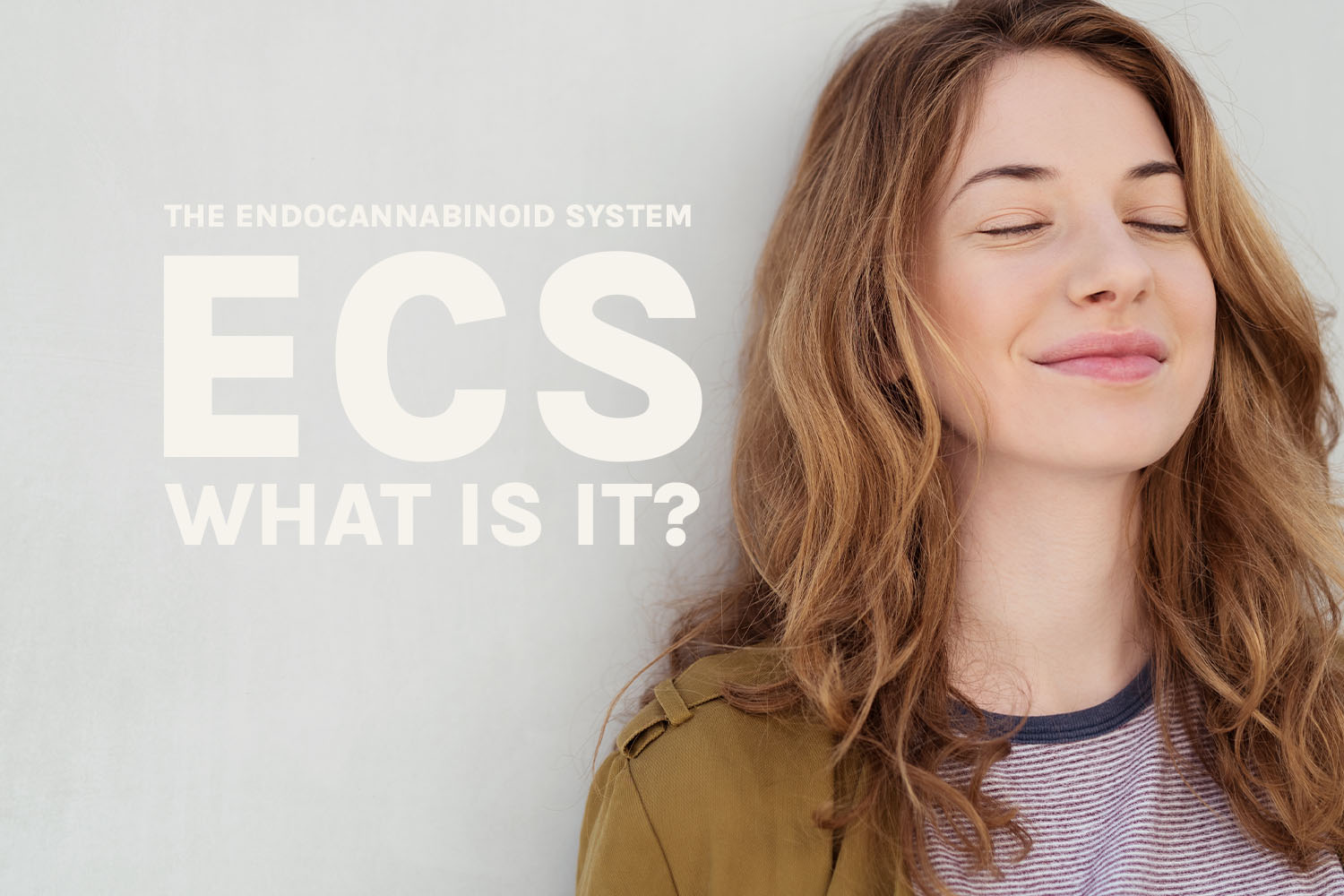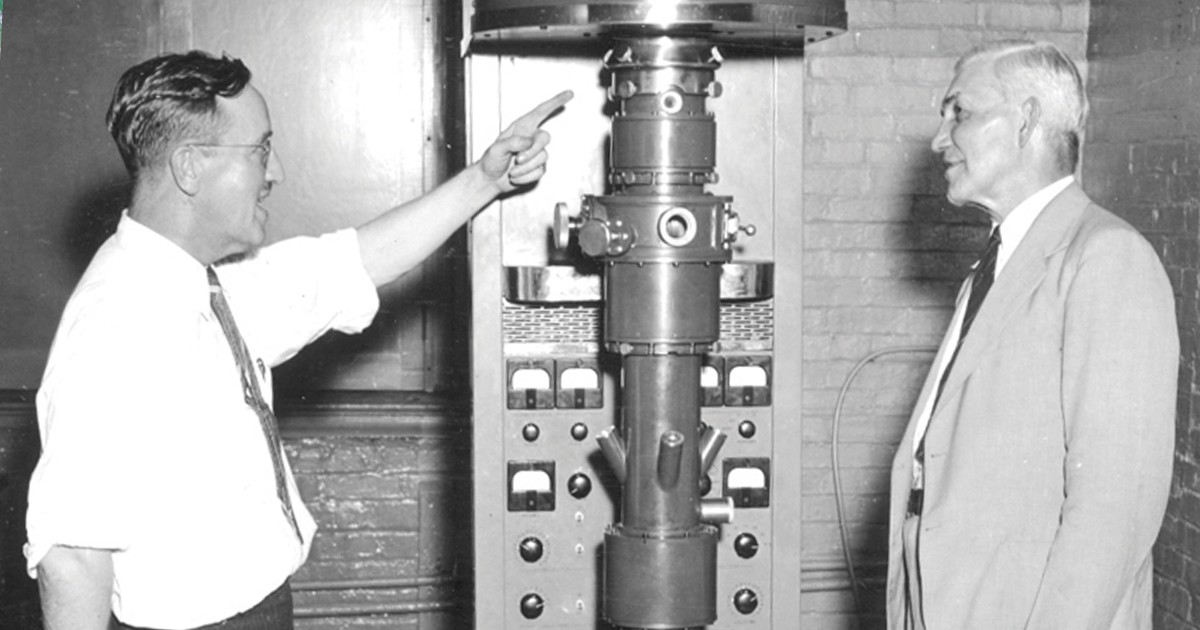The endocannabinoid system – What is it? What does it do?
The endocannabinoid system (ECS) is a complex network of receptors, chemicals, and enzymes in the body. Understanding the ECS and the role it plays is crucial for the betterment of your wellbeing.

The Endocannabinoid System
In short, it is the system responsible for regulating various physiological processes, such as pain, mood, appetite, and immune function – essentially maintaining homeostasis (the mechanism behind your body’s internal balance).
The Discovery of the ECS, CB1 and CB2 Receptors
The ECS was first discovered in the 1990s by researchers Dr. Raphael Mechoulam and Dr. William Devane. They were studying the effects of the psychotropic compound tetrahydrocannabinol (THC) in marijuana when they discovered the presence of a specific receptor in the brain and immune system that binds to THC. This receptor, known as the CB1 receptor, is activated by THC and other compounds found in marijuana, such as cannabidiol (CBD).
Further research led to the discovery of a second receptor, known as the CB2 receptor, which is primarily found in the immune system. The discovery of these receptors led to the identification of the body’s own compounds that bind to them, known as endocannabinoids.
The two main endocannabinoids identified so far are anandamide and 2-arachidonoylglycerol (2-AG). However, more in-depth study into these receptors could help us understand better as to what exactly does CBD do to you and the role it plays along with many other cannabinoids in relation to our endocannabinoid system.
The role of the endocannabinoid system
The ECS plays a crucial role in maintaining homeostasis in the body by regulating various physiological processes. For example, the CB1 receptors in the brain are involved in regulating mood, appetite, and pain perception. The CB2 receptors in the immune system are involved in regulating inflammation and immune function.
Anandamide and 2-AG, the two main endocannabinoids, are synthesised on-demand and are not stored in the body. They act as signalling molecules that bind to the CB1 and CB2 receptors to regulate various physiological processes. The body also has enzymes that break down the endocannabinoids after they have fulfilled their role.
So, What does CBD do?
Research suggests that CBD interacts with the ECS in multiple ways. It is believed to inhibit the breakdown of anandamide, supporting the endocannabinoid with the facilitation of its processes.
CBD may also bind to other receptors in the ECS, such as the serotonin 5-HT1A receptor, which is involved in regulating anxiety, depression, and other mood-related disorders.
While there is still much to learn on how CBD functions within the body, studies have shown that it may have the potential to support general wellbeing, such as promoting a healthy inflammatory responses, aid with sleep or even provide itself as a powerful stress reliever.
However, it is important to emphasise that this marvellous compound still requires a lot of research to confirm this potential, and all potential benefits are speculatory and must be treated as such. If you have any doubts, we highly advise seeking advice from a qualified medical professional before pursuing CBD.
Summary
In conclusion, the discovery of the endocannabinoid system has led to a greater understanding of how the body regulates various physiological processes.
With the support of natural remedies such as CBD, we believe that with time, it is likely that new therapeutic opportunities and effective treatments will be discovered for a variety of health conditions through studying the mysterious yet powerful endocannabinoid system.
